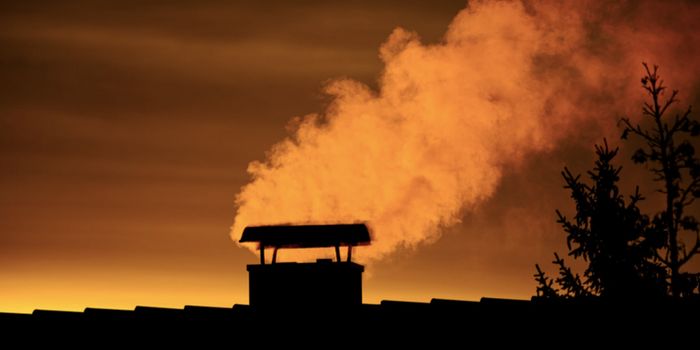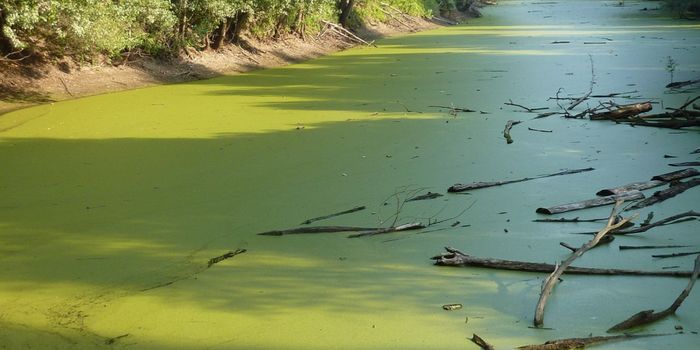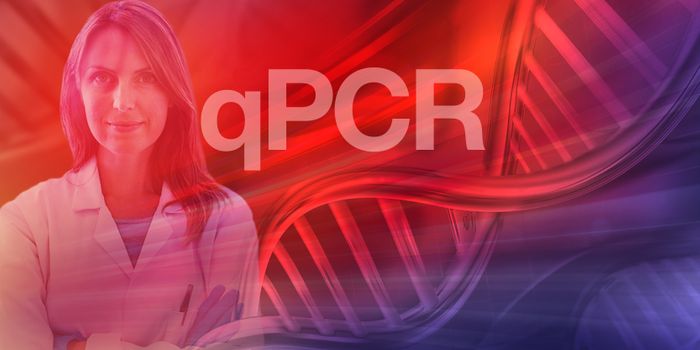Municipal Wastewater Could be a Source for new Antimicrobials
As antibiotic-resistance among pathogens becomes an ever-bigger problem, the pressure is on to find new antibiotics. That has sent researchers looking in some unusual places for new compounds, like in soil or wastewater. New research from scientists at Stellenbosch University (SU) has found that bacteria naturally living in community wastewater synthesize compounds that have antimicrobial properties. The work is described in the following video.
"Certain bacteria in municipal wastewater produce antimicrobial compounds or biosurfactants that can help prevent the growth of antibiotic-resistant microorganisms which cause serious infections in humans," explained postdoctoral researcher Dr. Thando Ndlovu, of the Department of Microbiology at SU. He has published findings on this topic in Environmental Science and Pollution Research.
For this study, Ndlovu gathered samples from wastewater, then assayed them with various tests. He was able to find and isolate two bacterial strains that produce biosurfactants that can fight pathogenic, antibiotic-resistant microbes. Bacteria use the surfactants for various purposes, including helping to import energy or changing cell wall composition. Humans have taken notice, and utilized surfactants for myriad purposes in the cosmetic, agriculture and medical industries, among others.
"The biosurfactants produced by the two bacteria in my study prevented the growth of major disease-causing bacteria such as methicillin-resistant Staphylococcus aureus and gentamicin-resistant E. coli which can lead to life-threatening infections in humans," noted Ndlovu.
"This finding is promising given worldwide reports on the number of deaths caused by antimicrobial resistant microorganisms that are becoming increasingly difficult to treat with current drugs,” he continued. “The discovery of novel antimicrobial compounds is a priority and biosurfactant compounds could be used to develop new antibiotics for treatment of various infections caused by antibiotic resistant bacteria and eventually replace ineffective antibiotics in future."
Ndlovu suggested that municipal wastewater is rich with opportunities to discover many different kinds of bacteria that synthesize surfactants. Many of these bacterial surfactants could have beneficial applications.
"While numerous studies have reported on the isolation of biosurfactant-producing bacteria from contaminated soil and terrestrial environments, the current study indicated that municipal wastewater could be exploited for the isolation of diverse biosurfactant-producing bacterial strains,” said Ndlovu.
“Biosurfactant-producing bacteria thrive in polluted environments such as contaminated soil or water. These bacteria also have the ability to outcompete other bacteria in the same environment because the biosurfactant compounds help them to absorb nutrients and to protect them from toxic materials."
These biosurfactant compounds might also help reduce the widespread use of unnatural antimicrobial molecules in cleaning products and microbial barriers. Future research aims to study how these biosurfactants can be used to their full advantage.
Sources: AAAS/Eurekalert! Via Stellenbosch University, Current Science, Environmental Science and Pollution Research









